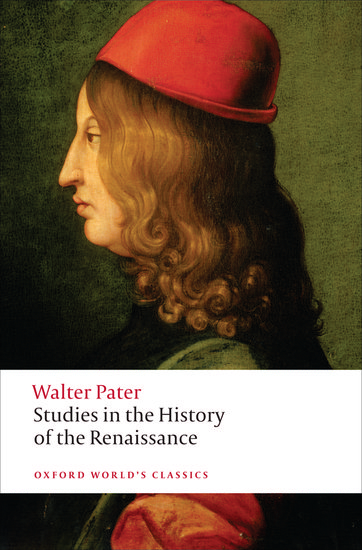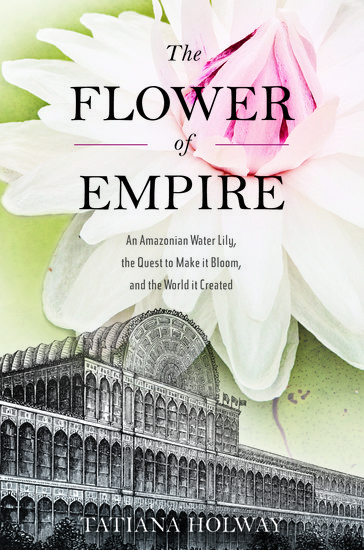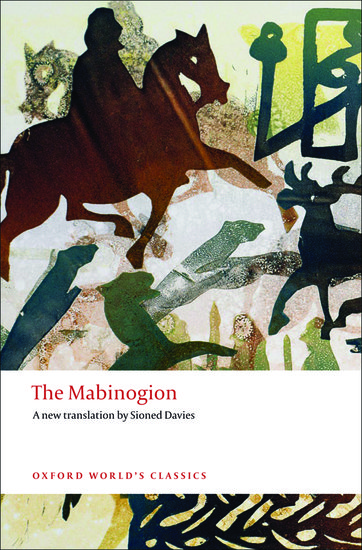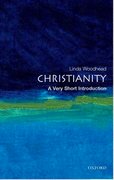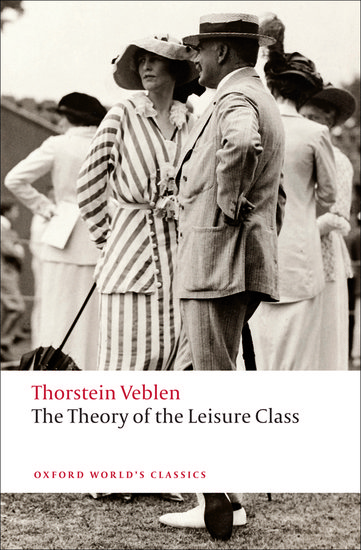Why we should commemorate Walter Pater
By Matthew Beaumont
Pater’s most celebrated and controversial book, Studies in the History of the Renaissance (1873) is about the distant past, superficially at least, and therefore risked seeming irrelevant even in his own time. It could not however have inspired a generation of undergraduates, including Oscar Wilde, to embrace aestheticism, and a cult of homoeroticism, as his critics claimed, if it had not also been a coded polemic about the present.

